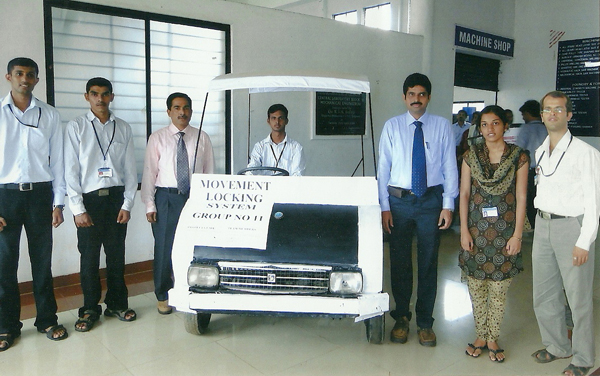Bengaluru, Mar 27: Oncologist Dr. Vishal Rao, HCG Hospital Bengaluru on Friday said that human body cells release interferon chemical to kill viruses but it cannot be released by cells in the case of COVID-19 cases, leading to weak immune system. However, a therapy of specific concoction could be useful in treating COVID-19 patients.
"We got hold of some preprint suggesting that interferon is effective in COVID19," said Rao.
Speaking to news agency, he continued saying "When we withdraw blood for regular check-ups, we get buffy coat which can be used to take out cells and form interferon. These two chemicals and some other cytokines, in a specific concoction, could be potentially very useful in treating COVID-19 patients."
Rao said that they have built a concoction of cytokines which can be injected to reactivate immune system in COVID-19 patients.
"We are in a very initial stage and hope to be ready with its first set by this weekend. We have applied to the governement for an expedited review. We have also presented this before the state government" said Rao.
"We have a team of infection specialist, ICU team and other...all of us have worked together to build something that we believe. We want to serve the society at this hour of need," he added.
Dr Rao clarified that this is not a vaccine and this particular interferon therapy does not help to prevent the infection of COVID-19. However, this is focused and targeted towards COVID-19 positive patients or those who have just incubated the virus.
"We believe that in early stages as well as the patients who have just incubated, this particular therapy of interferon gama and other concoction of cytokines could be an effective method. In the late stages we are looking at specific dosage of the cells which are our own body cells which can actually be affective and could also be of use for the ventilator patients," he added.
Meanwhile, Dr Gururaj, Immunologist and Scientist told ANI that they are trying to cover two aspects, one is the early stage patients where they are trying to improve their immune systems.
"As Dr Vishal said, we are trying to see whether we can use the cytokines from our own immune cells which is a natural process but it is hampered in infected patients," said Dr Gururaj.
"In the last phase we are using cells which are used from the bone marrow of the patient or donors. We can use those cells to reduce the inflation and so called cytokines release syndrome which is basically the inflammatory response of the body," he added.





Comments
Add new comment